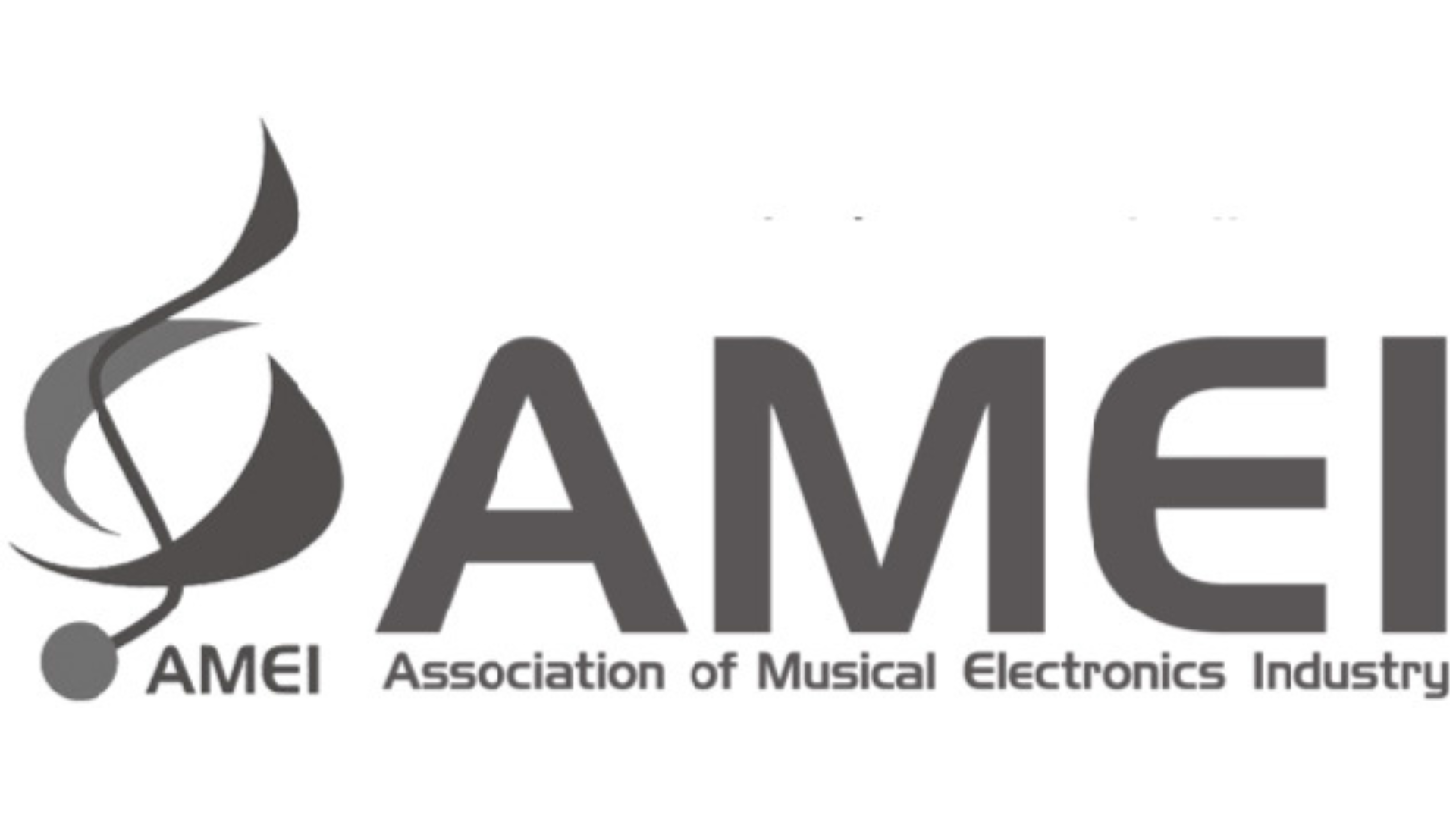| MIDI 2.0 is a global industry-wide effort. The MIDI Association (TMA), is the organization that oversees the MIDI specification in all other areas of the world besides Japan. TMA recently funded AmeNote’s development of the ProtoZOA, a USB MIDI 2.0 prototyping board that software developers can use to test with their MIDI 2.0 applications.
AmeNote’s plans to release large parts of the ProtoZOA firmware as open-source code. So, all hardware developers can utilize that code and incorporate it in their own MIDI 2.0 devices.
TMA members Apple and Google have already announced and released their support for MIDI 2.0. A number of AMEI members and TMA members have developed MIDI 2.0 compliance and testing tools that they plan to release for free public download on GitHub.
AMEI and TMA have also recently engaged with members of the ALSA community about the development of open-source drivers and APIs for the Linux platform. These new developments regarding Microsoft and Linux signal a further step in the development of the MIDI 2.0 ecosystem. They also highlight the continuing cooperative efforts of AMEI and TMA to work together to provide free MIDI 2.0 resources(tools/applications) and open source code to make the development of MIDI 2.0 products easier for companies of all sizes.
About MIDI 2.0:
AMEI and TMA released the MIDI 2.0 Core Standards on February 25, 2020. Subsequently, in June 2020, the USB-IF, a management organization for USB technology, released the USB MIDI 2.0 standard, a communication standard for connecting MIDI 2.0 devices.
Currently, AMEI and TMA are working together on joint prototyping and some major updates to the core MIDI specifications in order to bring MIDI 2.0 devices to market as soon as possible. |
